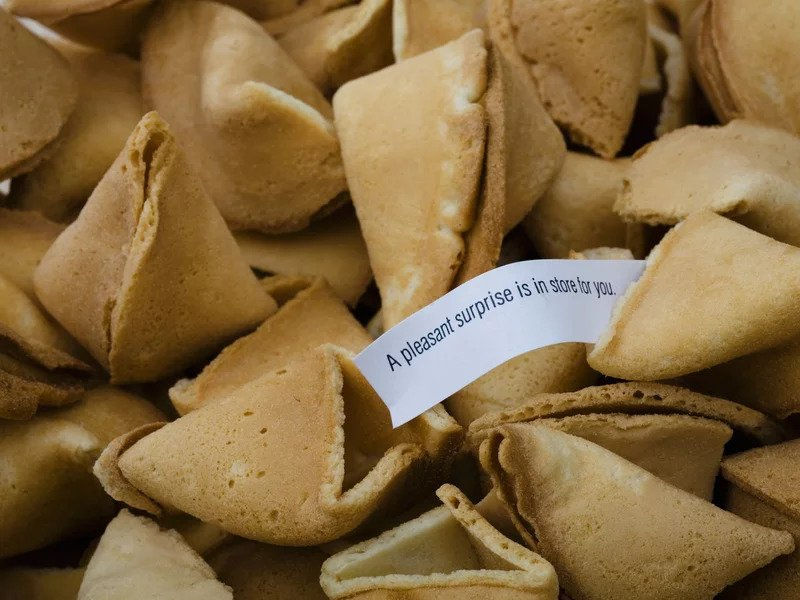Coincidence or Calculated Occurrence?
- Matthew Farias
- Jun 10, 2018
- 3 min read

Throughout our lives we will encounter an immeasurable amount of things we label as coincidences. Be it randomly seeing a friend at a coffee shop, or meeting someone new and finding out that you both happen to share the same birthday. At a glance you might just say "What a coincidence!" and leave it at that, but is it really a coincidence? We never really care to take a deeper look into what's happened and that leaves us to think of what would be common occurrences as coincidences. Going back to the example of meeting someone who happens to share birthdays with you, let's look into the math behind it. Assuming you were not born on a leap year, let us say that there is a 1 in 365 chance of this "coincidence" happening. Now for the next part, we are going to need to find out how many people we are going to meet in our lifetime. Anna Vital has done some research on this topic and come up with estimation that an average person will meet 80,000 people in their lifetime. Finally lets take 80,000 and divide it by the 365 days in a year and we get our results. We will meet approximately 219 people who share the same birthday as us. So it is actually expected that we would meet a person with the same birthday and we could brush it off as nothing but another expected statistic. This however raises a fundamental issue. If by some statistical anomaly we never meet a person with matching birthdays THEN we would have ourselves a massive coincidence THAT NEVER HAPPENED! It is only when these "coincidences" happen that we are able to note them and call them coincidences, but we would never be aware of the real coincidences that were us never having a certain event occur.
Another problem about many of the so called "coincidences" that we experience, is that our mind will often look for coincidences in events that are very normal. For example when we read a fortune cookie or a horoscope from the newspaper that says something like "A pleasant surprise is in store for you". Our mind will then start looking for a pleasant surprise in anything that we see following the reading. We again begin to translate anything close to good news into our cookie reading the future and call it a coincidence. There are an infinite amount of factors that could've gone into this so it would be nearly impossible for you not to get any good news.
Researchers Persi Diaconis and Frederick Mosteller decided to take a closer look into coincidences and conducted a research paper on them. their research showed that there are 4 principles to coincidences. Hidden Cause, Psychological, Multiple Endpoints and the "Cost of Close", and finally The Law of Truly Large Numbers.
Hidden Cause: "Much of scientific discovery depends on finding the cause of a perplexing coincidence. Changes in the world can create coincidences; likewise, changes in our own behavior such as a new pattern of reading or eating can create a pattern" -Diaconis/Mosteller.
Psychological: Their research shows that we are more in control of what we perceive as coincidences than we expect, as they are all a result of what we are sensitive to. What we have experienced in the past gives us hooks that we use to identify future coincidences.
Multiple Endpoints and the "Cost of Close": We tend to often be very lenient with our terms for what "close" really is and this makes the chance of seeing something we perceive as a coincidence much higher. Take for example meeting a friend in a coffee shop randomly, some may say that is a coincidence. Now imagine just hearing that your friend went to the same coffee shop as you today but at a different time. Are these both coincidences?
The Law of Truly Large Numbers: When we think about events with an extremely low frequency such as winning the lottery, we can think "Certainly this HAS to be a coincidence!". However when you take into account the large numbers of people competing it is perfectly probable that someone will win it, and that is all happened.
In summery, was you finding out that the new student in your class had the same name as you a coincidence? Yes and no. It is completely up to you as to how you perceive it. You can always argue for both sides but at the end of the day, YOU are the only person who decides what you believe. It could always be brushed off as another expected statistic but, you it might also have gone against another statistic you never thought about.
Images https://www.foodandwine.com/news/fortune-cookie-research-project https://blog.adioma.com/wp-content/uploads/2013/04/counting-the-people-you-impact-infographic.png
Citations
https://www.theatlantic.com/science/archive/2016/02/the-true-meaning-of-coincidences/463164/
https://www.stat.berkeley.edu/~aldous/157/Papers/diaconis_mosteller.pdf
https://blog.adioma.com/counting-the-people-you-impact-infographic/



Comments